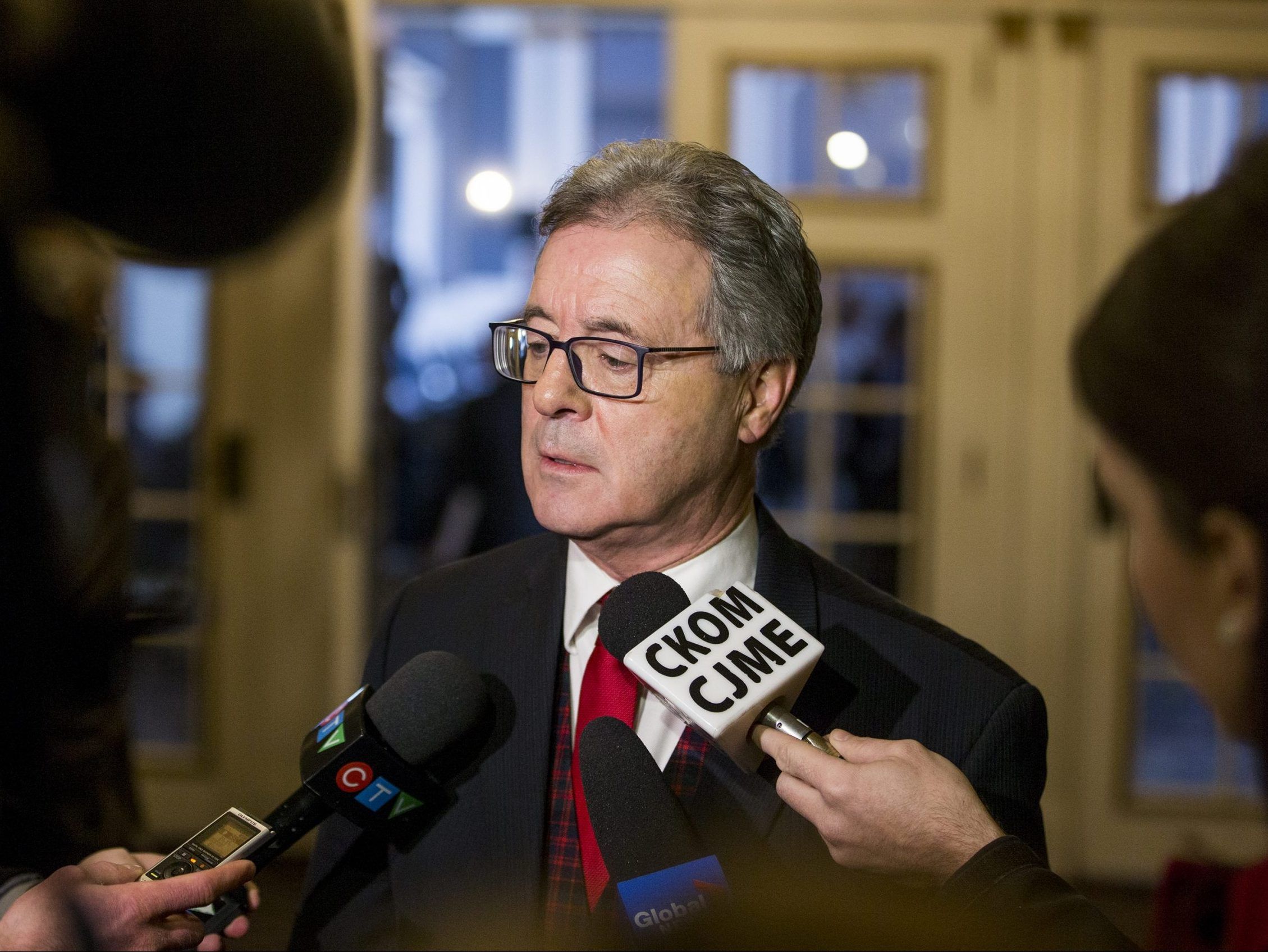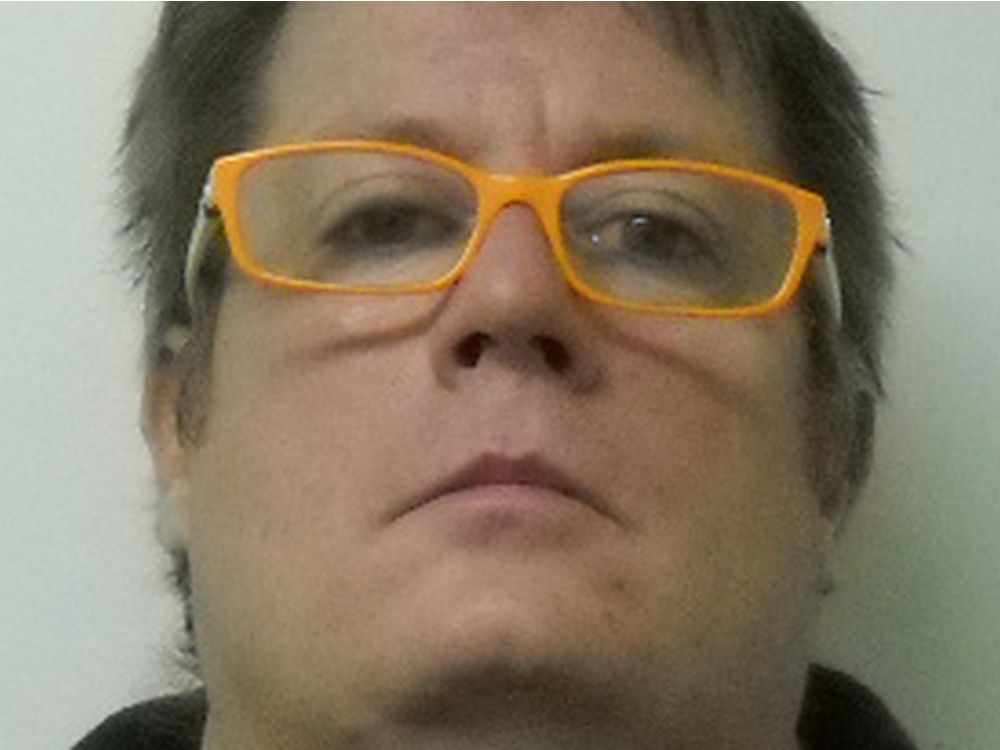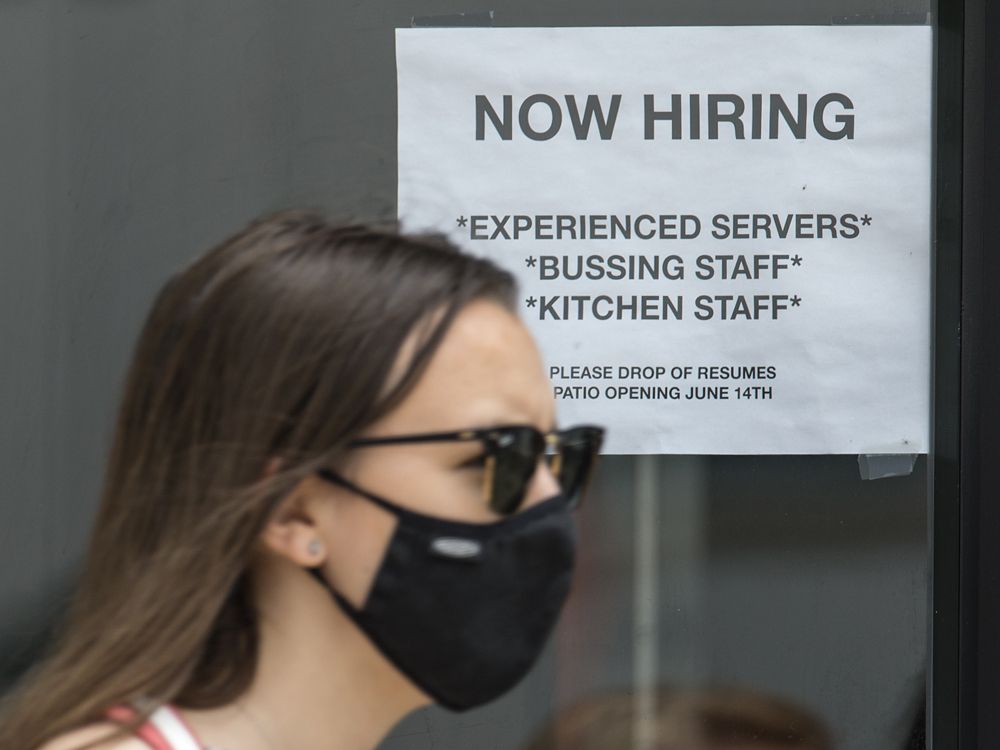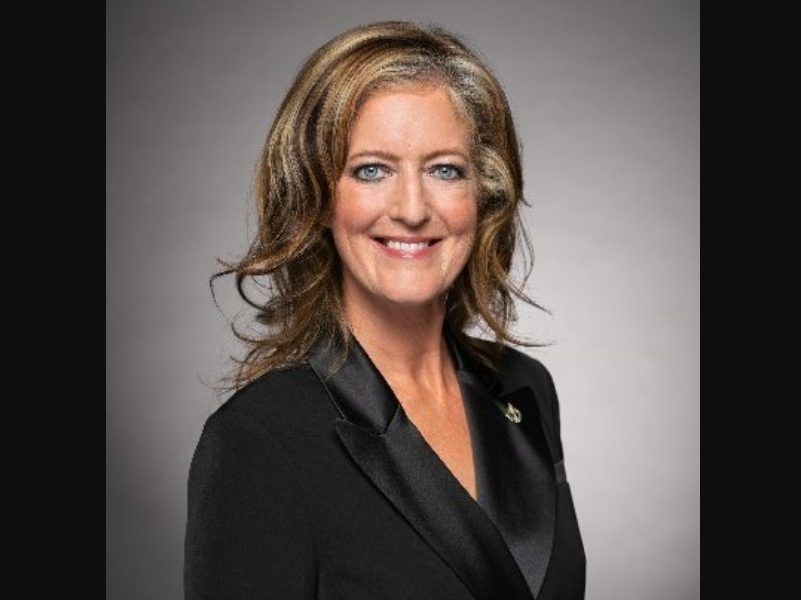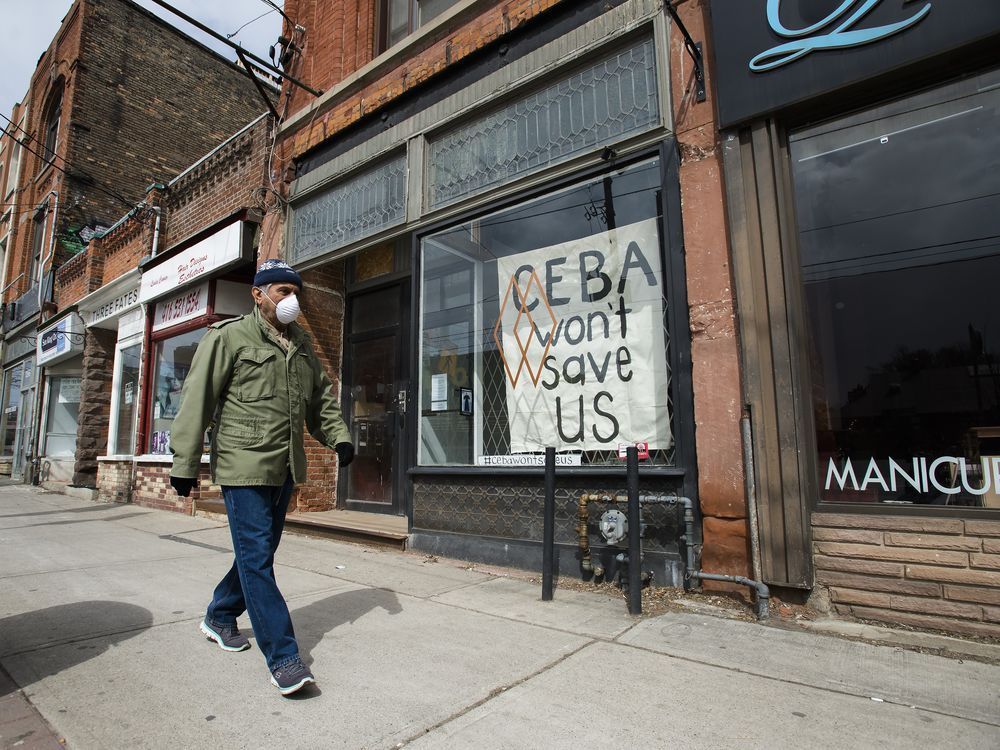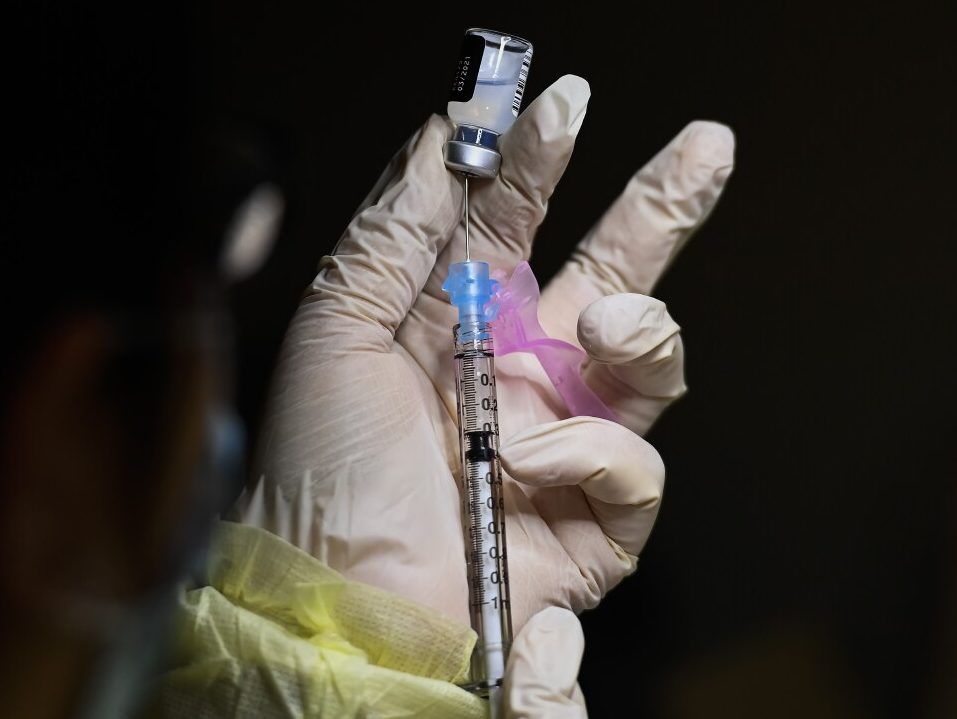meanwhile in New Zealand....
This statistician and whistleblower, Barry Young, 56, has been arrested by New Zealand authorities for exposing this data:
Mr. Young examined connections between specific COVID-19 vaccine batches and mortality rates. What he found was alarming:
Batch ID 1: Total Vaccinated 711, Death Count 152, 21.38% Dead
Batch ID 8: Total Vaccinated 221, Death Count 38, 17.19% Dead
Batch ID 3: Total Vaccinated 310, Death Count 48, 15.48% Dead
Batch ID 4: Total Vaccinated 364, Death Count 37, 10.16% Dead
Batch ID 6: Total Vaccinated 1006, Death Count 101, 10.04% Dead
Batch ID 2: Total Vaccinated 1018, Death Count 98, 9.63% Dead
Batch ID 7: Total Vaccinated 38, Death Count 3, 7.89% Dead
Batch ID 72: Total Vaccinated 5882, Death Count 278, 4.73% Dead
Batch ID 62: Total Vaccinated 18173, Death Count 831, 4.57% Dead
Batch ID 71: Total Vaccinated 11019, Death Count 498, 4.52% Dead
The underlying mortality rate in New Zealand should be only 0.75%, said Young. So the odds of all these deaths happening by chance is approximately 100 billion to 1.
"So statistically, what we're saying is that there is no chance that this vaccine is not a killer," declared Young.
Steve Kirsch (@stkirsch
) earlier today said:
"The data is legit; that's why they are arresting Barry. He's a hero for exposing the truth."
------------------------------------------------------------------------------------------
so many people - including all you fart-checkers! - need to be lined up and catch my drift.
This statistician and whistleblower, Barry Young, 56, has been arrested by New Zealand authorities for exposing this data:
Mr. Young examined connections between specific COVID-19 vaccine batches and mortality rates. What he found was alarming:
Batch ID 1: Total Vaccinated 711, Death Count 152, 21.38% Dead
Batch ID 8: Total Vaccinated 221, Death Count 38, 17.19% Dead
Batch ID 3: Total Vaccinated 310, Death Count 48, 15.48% Dead
Batch ID 4: Total Vaccinated 364, Death Count 37, 10.16% Dead
Batch ID 6: Total Vaccinated 1006, Death Count 101, 10.04% Dead
Batch ID 2: Total Vaccinated 1018, Death Count 98, 9.63% Dead
Batch ID 7: Total Vaccinated 38, Death Count 3, 7.89% Dead
Batch ID 72: Total Vaccinated 5882, Death Count 278, 4.73% Dead
Batch ID 62: Total Vaccinated 18173, Death Count 831, 4.57% Dead
Batch ID 71: Total Vaccinated 11019, Death Count 498, 4.52% Dead
The underlying mortality rate in New Zealand should be only 0.75%, said Young. So the odds of all these deaths happening by chance is approximately 100 billion to 1.
"So statistically, what we're saying is that there is no chance that this vaccine is not a killer," declared Young.
Steve Kirsch (@stkirsch
) earlier today said:
"The data is legit; that's why they are arresting Barry. He's a hero for exposing the truth."
------------------------------------------------------------------------------------------
so many people - including all you fart-checkers! - need to be lined up and catch my drift.

